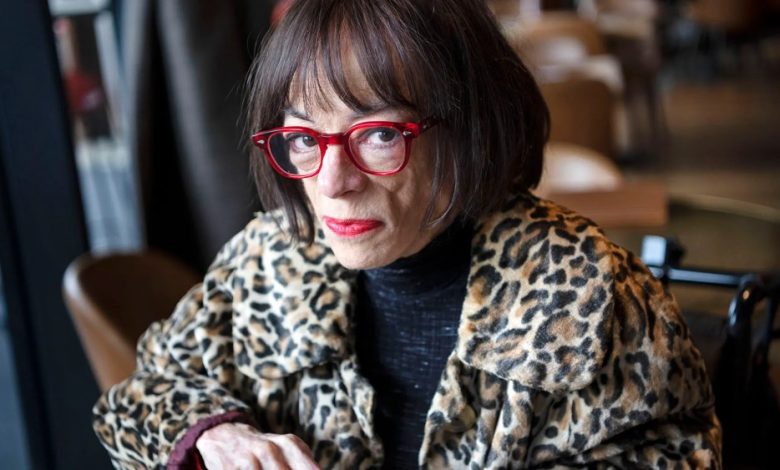Actor Liz Carr speaks out against legalizing assisted dying in the US

Liz Carr, known for her starring role in the third season of the fantasy comedy “Good Omens” and her role as a forensic scientist in the crime drama “Silent Witness,” has supported the U.S. government’s refusal to outright legalize euthanasia in the country.
The actress and disability rights activist argued how these programs can have cultural implications for the lives of people with disabilities. Arguing, “For someone who loses their job or a loved one and feels suicidal, others will rally and support them with help with suicide prevention,” she told Daily mail“But as soon as it is a disabled or sick person, people are happy with a medically assisted death. They think it’s better to be dead than to be disabled.”
Legalizing such an option, she said, could encourage people with disabilities to end their lives prematurely, believing they should “no longer be a burden” to those around them. The implications behind this assisted medical service could give people the wrong idea, she claims.
Carr was diagnosed at the age of seven with a rare genetic condition affecting her muscles and joints called arthrogryposis multiplex congenita. Since gaining a position in the spotlight, she has become an advocate for others like her, and has been fighting against assisted death for more than a decade. Last month she showed her documentary “Better Off Dead?” for the United States Congress, co-sponsored by the Education and Defense Fund for the Rights of the Disabledthe Action fund for patients’ rightsAnd Not dead yet. “As long as we are unequal and certain groups are devalued, no amount of protection will protect us,” Carr says.
So far in the US, ten states and Washington DC have made assisted suicide legal: California, Colorado, Oregon, Vermont, New Mexico, Maine, New Jersey and Hawaii. The requirements are that patients must be over 18 years of age within six months of death and complete a review of their decision-making to ensure it is well thought out. This year, approximately 19 bills were introduced in state legislatures; no new state managed to legalize the procedure. The last state to do this was New Mexico in 2021. However, in 2023, Vermont changed its assisted dying law remove the residency requirementmeaning people can now travel to the state and have the procedure done without being a resident of the state.
The case is controversial, with many activists like Carr fighting it with stories like those of the Canadian army veteran and former Paralympian. Christine Gauthierwho was offered assisted death when she complained to her government that the wheelchair lift installation in her home was taking too long. Religious groups in the US also oppose the law on moral grounds. Others argue for the possibility of preventing patients with long-term terminal illnesses from suffering in a severely torturous manner until their death.
An example is the heartbreaking case of Ayla Eilertwho died in April 2022 after a seven-month grueling battle with cancer that left her in agony and advocating for the option of physician-assisted death that was unavailable in her home state of New York.
The current legislative standstill and recent trends in this area may reveal where the problem might lie, at least for now. Delaware Governor John Carney vetoed a bill last month that would allow assisted dying. He stated: “I am fundamentally and morally opposed to the state law that allows anyone, even under tragic and painful circumstances, to commit suicide.”
“What this tells me is that people are really thinking,” says Carr, “they don’t want to scare whole groups of people, especially those who already feel very vulnerable.” The conversation continues to gather steam as more bills this topic is being debated in states like Illinois and Minnesota.




